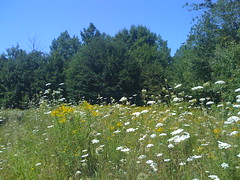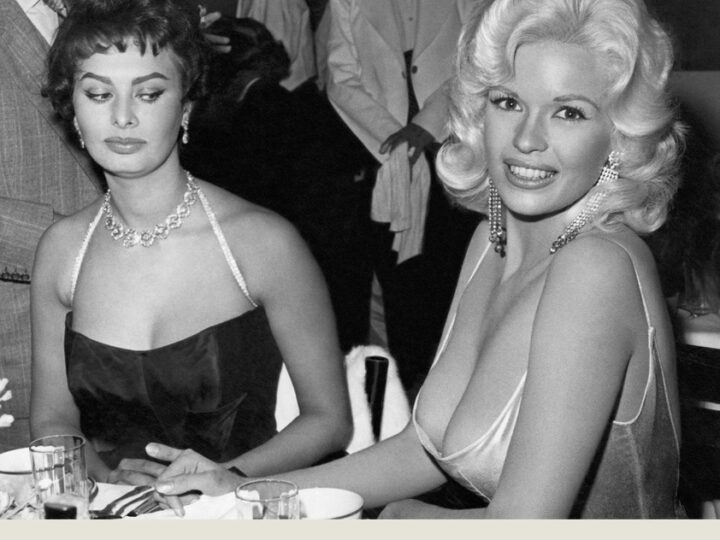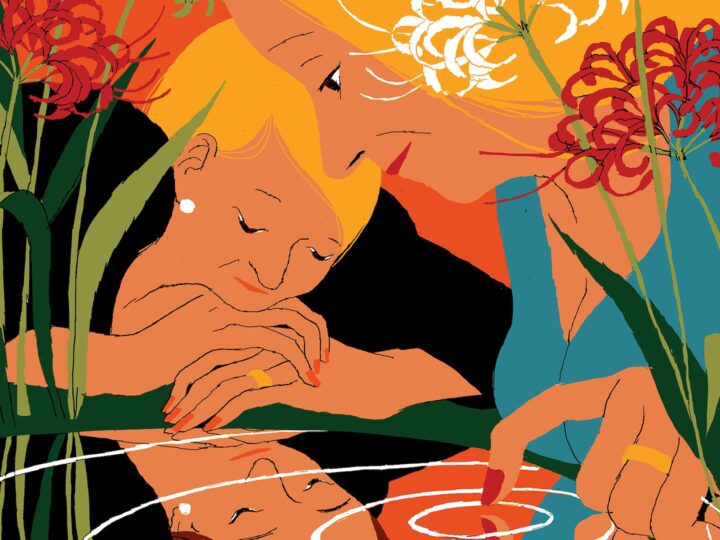When I was twenty I climbed onto the roof of an abandoned building with two friends on an October day and a few moments later we were surrounded by thousands of starlings, all migrating to the South. We had not expected to find birds in flight when we climbed on to that roof—I don’t know what we expected to find—but having reached this stunning spectacle, the three of us lay on our backs and watched the sky undulate with motion and life.
I would not have used this word then but now I would describe the state we found ourselves in as a state of grace.
Grace is an elusive concept, but we all know what it is. It’s a sense of things fitting, of being, as T.S. Eliot wrote, at the “still point of the turning world.”
A young writer named Michael Byers has a story entitled “The Beautiful Days” in which he describes a young man, not so much older than I was when I climbed on that roof with my friends, who finds that “when he least expected it , he would be visited with a new gust of this unnamable generosity of spirit, when the world seemed nearly platonic in its perfection… The sensation that he was one among many—and yet still one, an individual being set loose on the planet—and that so much beauty abounded, on all sides, in every form, for him to encounter—all this combined to lift his heart above the ordinary, and made him, when it came, inexpressibly joyful.”
I have felt this sense of grace now and again in my life. I think looking for this sensation is one of the things that keeps me going. I felt it when I heard the newborn cry of my children. I felt it when I saw Deedie coming down the aisle of the church in her mother’s wedding dress. I felt it in a pub named An Spailpeen Fanach in Cork, Ireland one night when I heard a young woman singing a song of famine and emigration in Gaelic, and everyone in the place softly sang the words along with her. I felt it one night when Deedie made Chinese shrimp with black pepper that was so spicy tears rolled out of my eyes.
For most people, the forms of grace in life do not collide, or live in conflict with each other.
For trans people–and various other “outcasts”, for lack of a better word–there is a lifelong lament that the things that make us feel at peace in the world are the very things that make the world feel at odds with us.
How we make sense of this ridiculous and heartbreaking predicament tells the story of our lives, or part of it anyway. We feel rage at a universe which seems to reveal–every once in a while—that elusive sense of grace, and yet makes that glimpse so elusive and so difficult to achieve that we wonder if we’d been better off not even knowing about it. .
I’ve never met an “outcast” who wasn’t spiritual, in some way. For me, the face of God has always appeared in the faces of other people—in Deedie’s face while she’s sleeping, in the faces of my children as they read a book, in the face of my mother as she looks at the orchids she once raised with my father, now gone these last twenty-plus years.
On New Year’s Eve, 2000, I stood by the banks of Great Pond, in Maine. Some friends were having a New Year’s Eve party to celebrate the millenium, and our local fire company was setting off fireworks. (Since this is a small town, the fireworks went off at 9 PM so the firemen could still get home to their families in time for midnight.)
The fireworks display was laughable and small. Most of the adults who had gathered by the frozen lake to watch them went inside after a moment or two, totally unimpressed.
My son Zach, however, five years old, stood by the edge of the ice, amazed. I went and held his hand, and for that moment I saw the fireworks as he did—not as some small town event, laughable in its cheesiness, but as the most miraculous even in the universe. I picked him up and I held him up in the freezing winter air. We watched the fireworks above the lake turn the night sky green and blue and orange.
Then he turned to me and smiled. Zach’s breath gathered in steam clouds. His face radiated light, just as his mother’s had on the day we were married, just as the sun would the next morning, as it rose on a new century.
“I want it to go on forever,” he said.
1 Comment
-
This was very nice… When you wrote… “For trans people–and various other “outcasts”, for lack of a better word–there is a lifelong lament that the things that make us feel at peace in the world are the very things that make the world feel at odds with us.”
This really resonates with me… something I was thinking about just before I read your most recent entry… coincidence… who knows…
Thank you so much!




